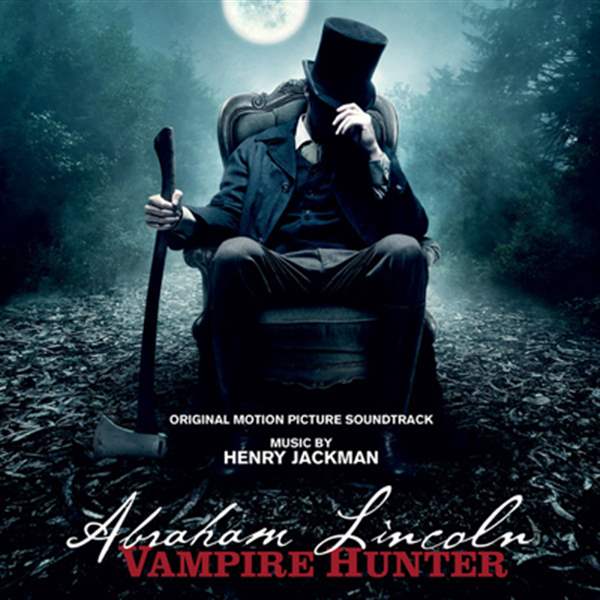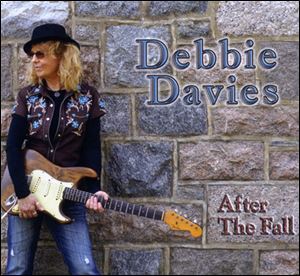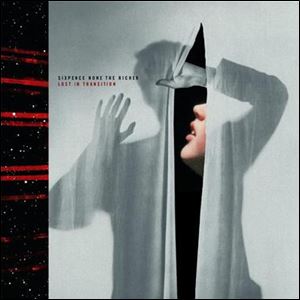
ALBUM REVIEWS
Debbie Davies' 'After The Fall' is a solid comeback album
8/9/2012
'Abraham Lincoln: Vampire Hunter' by Henry Jackman

'After the Fall' by Debbie Davies
AFTER THE FALL
Debbie Davies (M.C. Records)
Even if you didn't know the back story to this comeback album by blues veteran Debbie Davies, chances are you might agree with a widely circulated statement once made by a Los Angeles Times critic that she "wields an electric guitar as if it were a wand."
Searing, pulsating riffs and house-rockin' performances with clever lyrics and gut-check emotion are featured on "After the Fall," Davies' 11th solo album and first for the M.C. Records. Davies, a two-time winner of the Best Contemporary Females Blues Artist award and a 10-time nominee for Blues Music Awards (the blues equivalent of Grammys), was devastated from the loss of her close friend, blues singer Robin Rogers, to cancer in December, 2010.
She also had to deal with a long recovery after she broke her arm in an accident. She refocused on music, noting in her liner notes to this disc that sometimes "change is forced upon us through what at first may seem like multiple losses, only to turn into bountiful gifts and rebirth."
Tributes to tragedy and hardship are especially evident in the heartfelt songs "Down Home Girl" and "Little Broken Wing."
Davies, a 30-year veteran of the road, spent three years as the lead guitarist behind legendary bluesman Albert Collins in his band, the Icebreakers, and was once the lead guitarist in Maggie Mayall and the Cadillacs, an all-female band led by the wife of another blues legend, John Mayall.
--TOM HENRY

'Abraham Lincoln: Vampire Hunter' by Henry Jackman
ABRAHAM LINCOLN VAMPIRE HUNTER (SOUNDTRACK)
Henry Jackman (Sony Music)
Just as "Abraham Lincoln" and "Vampire Hunter" are four words you might not have expected to see in the same sentence, so too, perhaps, is the thought of a reviewer praising a cross-blend of classical and hard rock written as the soundtrack for a movie.
Jackman, who studied classical music in London and at the prestigious University of Oxford, had a hand in scores for The Da Vinci Code, Pirates of the Caribbean: Dead Man's Chest, The Simpsons Movie, and The Dark Knight earlier in his career before stepping out as the principal composer for Monsters Vs. Aliens, Henri IV, Kick-Ass, X-Men: First Class, and Winnie the Pooh. He has done programming and production work for artists such as Mike Oldfield and Elton John.
With "Abraham Lincoln Vampire Hunter," Jackman delivers a piece that is at times melodic and frenetic; it twists the listener between classical string ensembles, rolling timpani and the dark, menacing sounds of digitally enhanced electronica and thrashing rock guitars.
-- TOM HENRY

'Lost in Translation' by Sixpence None The Richer
LOST IN TRANSITION
Sixpence None the Richer (Tyger Jim Records)
Matt Slocum, co-founder and guitarist of Sixpence None the Richer, says the group has fully transitioned since they disbanded in 2004. But that transition doesn't necessarily reveal itself as any sort of post-metamorphosis art with the songs on their new album.
After the split, Sixpence released an EP and a Christmas album, but they officially return with their first full-length album, delivering a familiar sound while not daring to break into any new territory.
Album opener, "My Dear Machine," is a decent track, with some fine and fuzzy guitar work highlighted by lead singer Leigh Nash's smooth and strong voice. Unfortunately, the song gets overpowered by horns near the end.
After this somewhat strong start, the Nashville-based band runs into an inevitable truth for most '90s-era bands looking for a renaissance. Hits are hard. And their yesteryear radio staples like "Kiss Me" and "There She Goes" are tough to replicate for the listener's sweet spot. New tracks like "Failure" and "Give It Back" are musically passable, but are ultimately wordy misfires that tell us nothing of the transformative time that is allegedly the underpinning of this album.
-- RON HARRIS, Associated Press